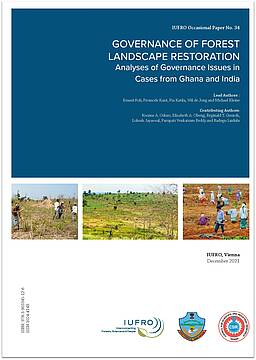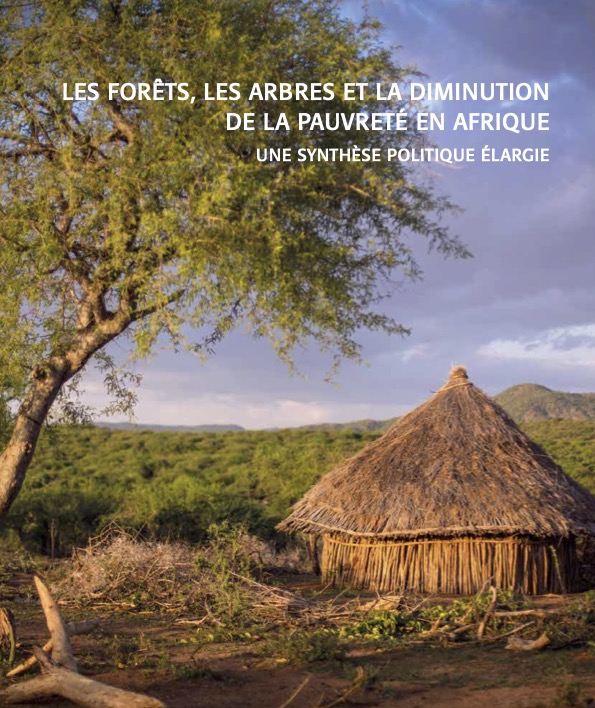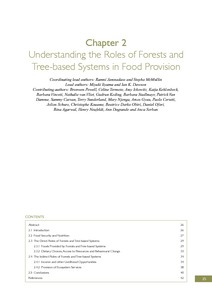Location
IUFRO is "the" global network for forest science cooperation. It unites more than 15,000 scientists in almost 700 Member Organizations in over 110 countries, and is a member of ICSU. Scientists cooperate in IUFRO on a voluntary basis.
Our mission is to advance research excellence and knowledge sharing, and to foster the development of science-based solutions to forest-related challenges for the benefit of forests and people worldwide.
In pursuing this Mission, IUFRO has identified three strategic goals and related objectives for the period 2015-2019 which support IUFRO as well as its members (see IUFRO's Strategy).
Forest and Forest Product Research
IUFRO is open to all individuals and organizations dedicated to forest and forest products research and related disciplines. It is a non-profit, non-governmental and non-discriminatory organization with a long tradition dating back to 1892.
Members:
Resources
Displaying 1 - 5 of 14GOVERNANCE OF FOREST LANDSCAPE RESTORATION: ANALYSES OF GOVERNANCE ISSUES IN CASES FROM GHANA AND INDIA
This report highlights important differences in political, legal, and institutional environments, and the need to recognise opportunities and limitations in the local context when restoring land.
Les forêts, les arbres et la diminution de la pauvreté en Afrique : Une synthèse politique élargie
Forests, Trees and the Eradication of Poverty: Potential and Limitations
The report, “Forests, Trees and the Eradication of Poverty: Potential and Limitations,” shows that forests and trees support human well-being and are critical to end poverty. It finds that forest-poverty dynamics are affected by a range of social, economic, political, and environmental context factors, such as rural outmigration, gender norms, remittance flows, and elite capture. The report’s key messages are highlighted below. Forests and trees can help the poor face global changes such as climate change. Benefits from forests and trees to human well-being are unevenly distributed.
Understanding the roles of forests and tree-based systems in food provision
Forests and other tree-based systems such as agroforestry contribute to food and nutritional security in myriad ways. Directly, trees provide a variety of healthy foods including fruits, leafy vegetables, nuts, seeds and edible oils that can diversify diets and address seasonal food and nutritional gaps. Forests are also sources of a wider range of edible plants and fungi, as well as bushmeat, fish and insects.
Understanding the roles of forests and tree-based systems in food provision
Forests and other tree-based systems such as agroforestry contribute to food and nutritional security in myriad ways. Directly, trees provide a variety of healthy foods including fruits, leafy vegetables, nuts, seeds and edible oils that can diversify diets and address seasonal food and nutritional gaps. Forests are also sources of a wider range of edible plants and fungi, as well as bushmeat, fish and insects.





